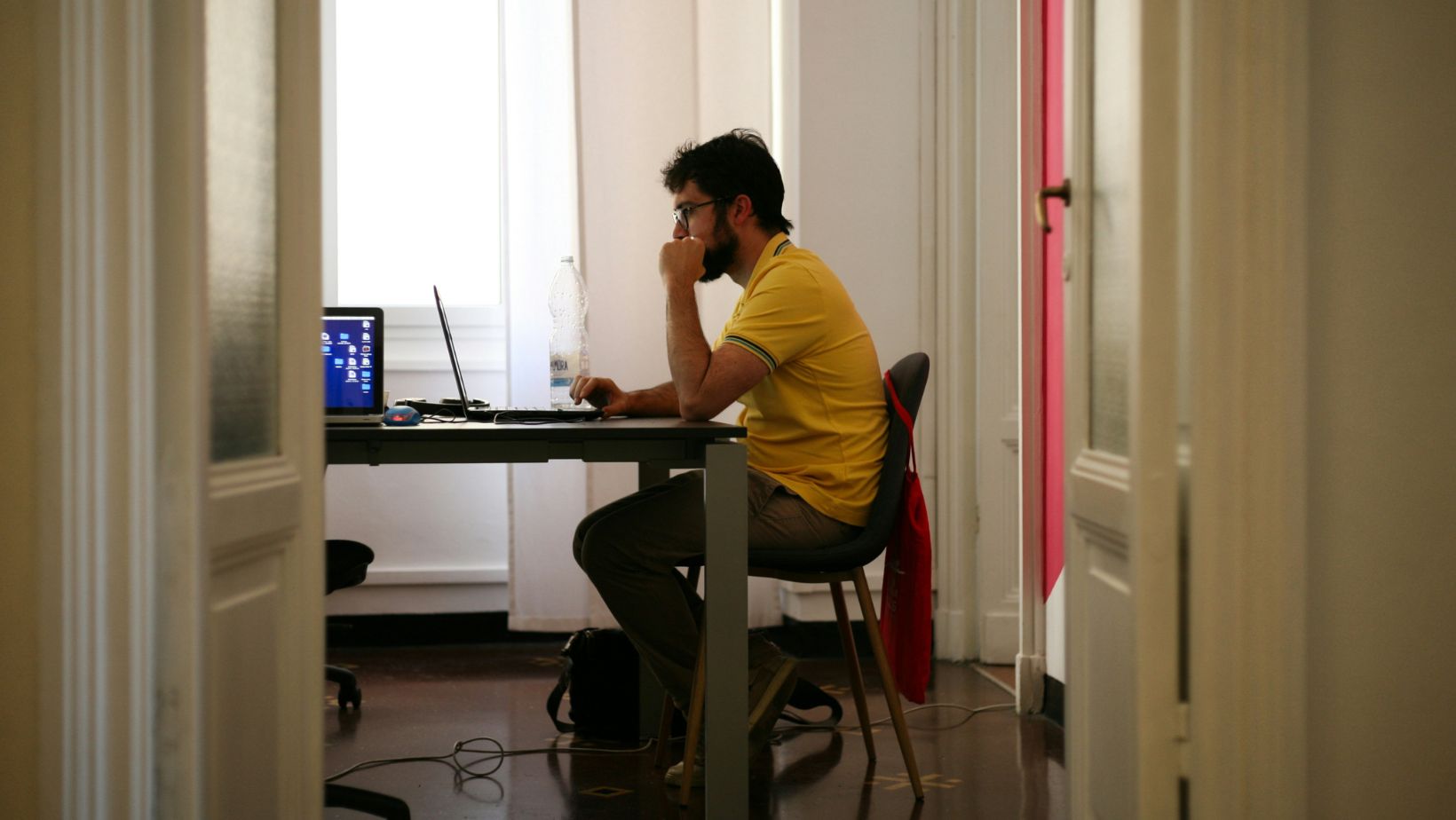The way we work has transformed anything seen in recent decades. Once upon a time, office life was the default. Rows of desks, fixed hours, and long commutes defined the working day. Then came the pandemic, and suddenly remote working was not a rare perk but a necessity. Out of that experience has grown a wider debate: what should the future of work look like? Hybrid arrangements, full flexibility, and even entirely remote set-ups are now firmly on the table.
Remote Working as a New Norm
Remote working is no longer regarded as a stopgap. For many employees and employers alike, it has become the preferred model. Businesses discovered that productivity did not collapse when people stayed home; in many cases, it improved. Staff were able to focus better, reduce wasted time travelling, and achieve a more balanced lifestyle.
Hybrid models have emerged as the compromise of choice. They allow employees to enjoy the sociability of the office and the convenience of home in equal measure. Meanwhile, some companies have gone further, closing down physical offices entirely and embracing remote-first operations. What was once unthinkable is now a viable long-term option.
The Future of Collaboration: From Teams to Tokenized Communities
As the line between physical and digital workspaces continues to blur, the future of work is being defined by flexibility and connectivity rather than location. Cloud platforms, AI-driven collaboration tools, and blockchain-based systems are giving professionals new ways to interact, build trust, and share value across borders. In this evolving landscape, even decentralized projects such as MaxiDogeToken demonstrate how digital communities can operate without centralized offices: rewarding participation, encouraging transparency, and fostering collaboration in a distributed way. (Source: https://maxidogetoken.com/)
These trends suggest that the most successful work environments of the next decade will be the ones that blend technological freedom with human connection.
Digitisation Beyond the Office
This workplace shift is part of a far bigger story: digitisation. It is not only workspaces that have been transformed by technology but entire industries. Retail, for example, has been reimagined by e-commerce. Shopping habits now revolve around mobile apps, quick delivery, and digital payments. Banking has also changed dramatically, with mobile apps and online transfers reducing the need for high street branches.

Healthcare, too, has been affected. Video consultations, online prescriptions, and digital patient records mean the sector now operates in ways that were once unimaginable. Education is another area where digitisation has left a permanent mark. Online lectures, virtual classrooms, and remote examinations are increasingly standard.
Opportunities and Challenges
While the benefits of digitisation are clear, challenges remain. Security is one concern, whether that means safeguarding sensitive business data in a remote office environment or protecting financial information in online transactions. Employers must invest in secure networks, staff training, and robust systems to prevent breaches.
There is also the question of human connection. In a fully digital world, some fear that personal interaction is being lost. For businesses, the challenge is to create digital systems that do not erase human contact but instead enhance it. Hybrid workspaces, online collaboration tools, and virtual social events are examples of how technology can be used to maintain connections while offering flexibility.
The Road Ahead
Looking forward, the future of work is likely to remain diverse. Some companies will continue with traditional offices, valuing face-to-face teamwork and a physical presence. Others will keep hybrid as their standard, mixing flexibility with structure. A growing number may adopt fully remote arrangements, opening up recruitment across borders and reducing overheads.
What is certain is that digitisation will continue to shape every choice. It has already changed how we shop, bank, study, heal, and play. The workplace is just one more arena transforming. For employers and employees alike, the challenge is not whether to embrace these changes, but how best to adapt to them in a way that maximises both efficiency and wellbeing.
Digitisation is no longer an optional add-on. It is at the core of modern life, shaping industries, influencing cultures, and redefining expectations. Whether hybrid, flexible, or remote, the future of workspaces will be inseparable from this broader digital revolution.